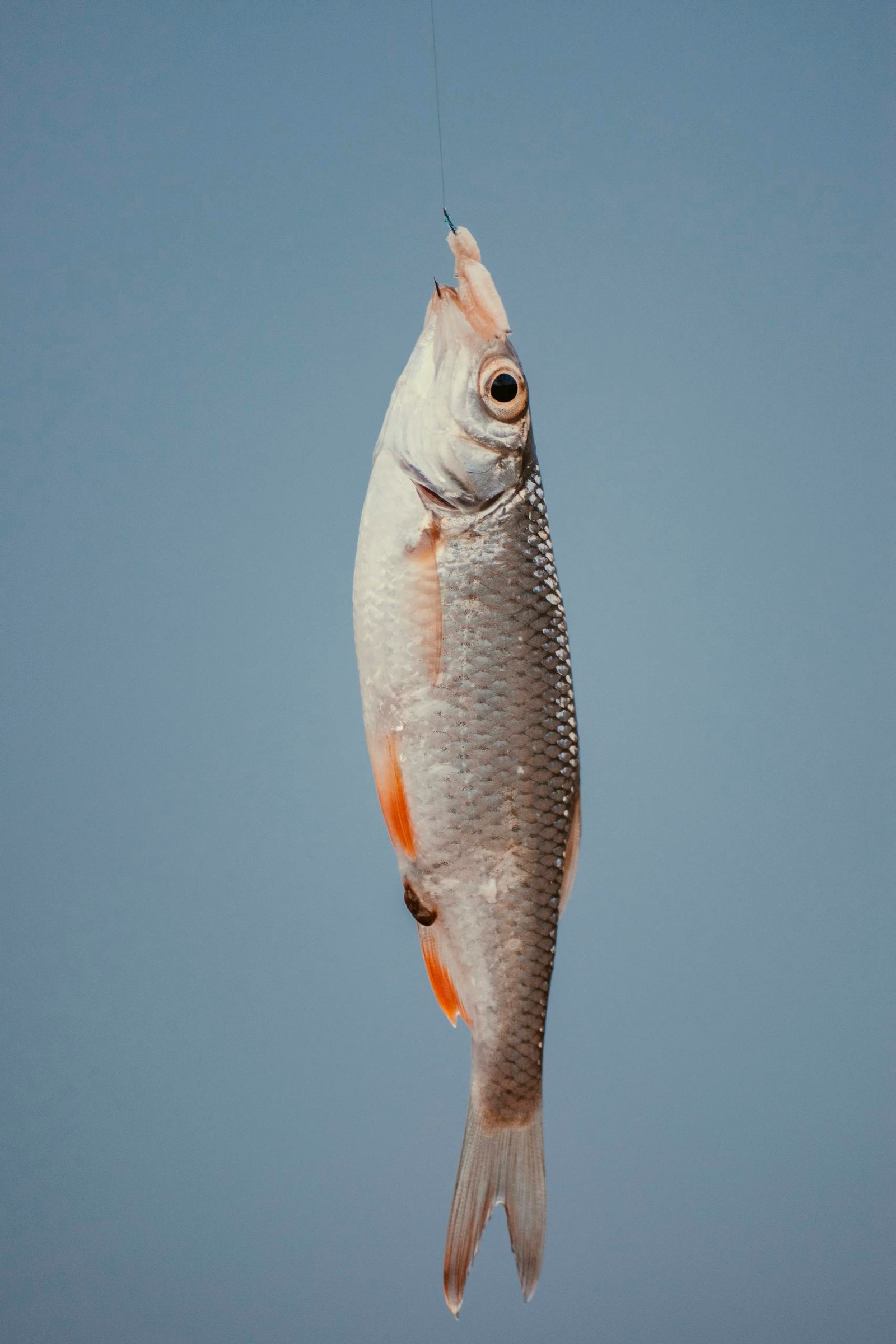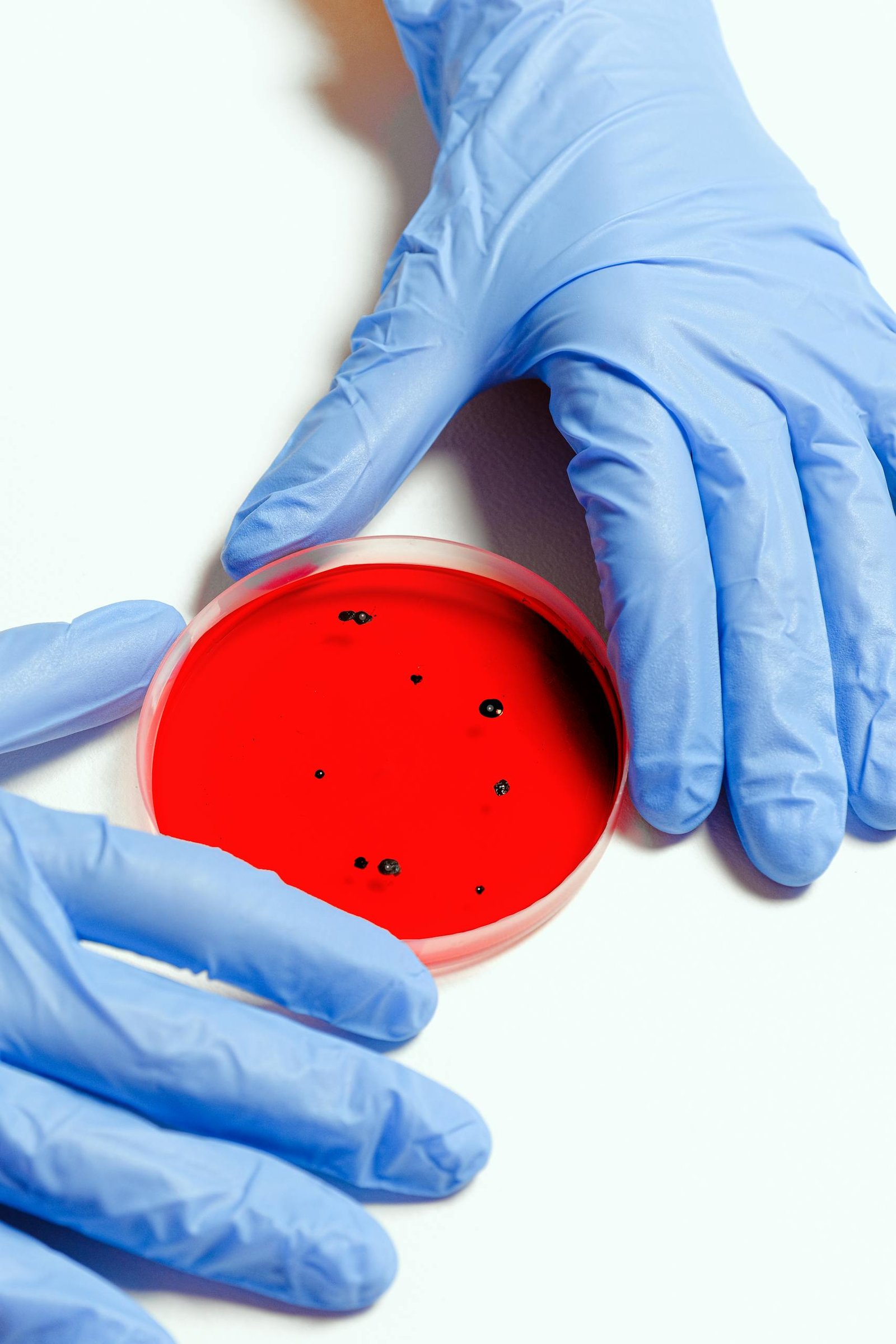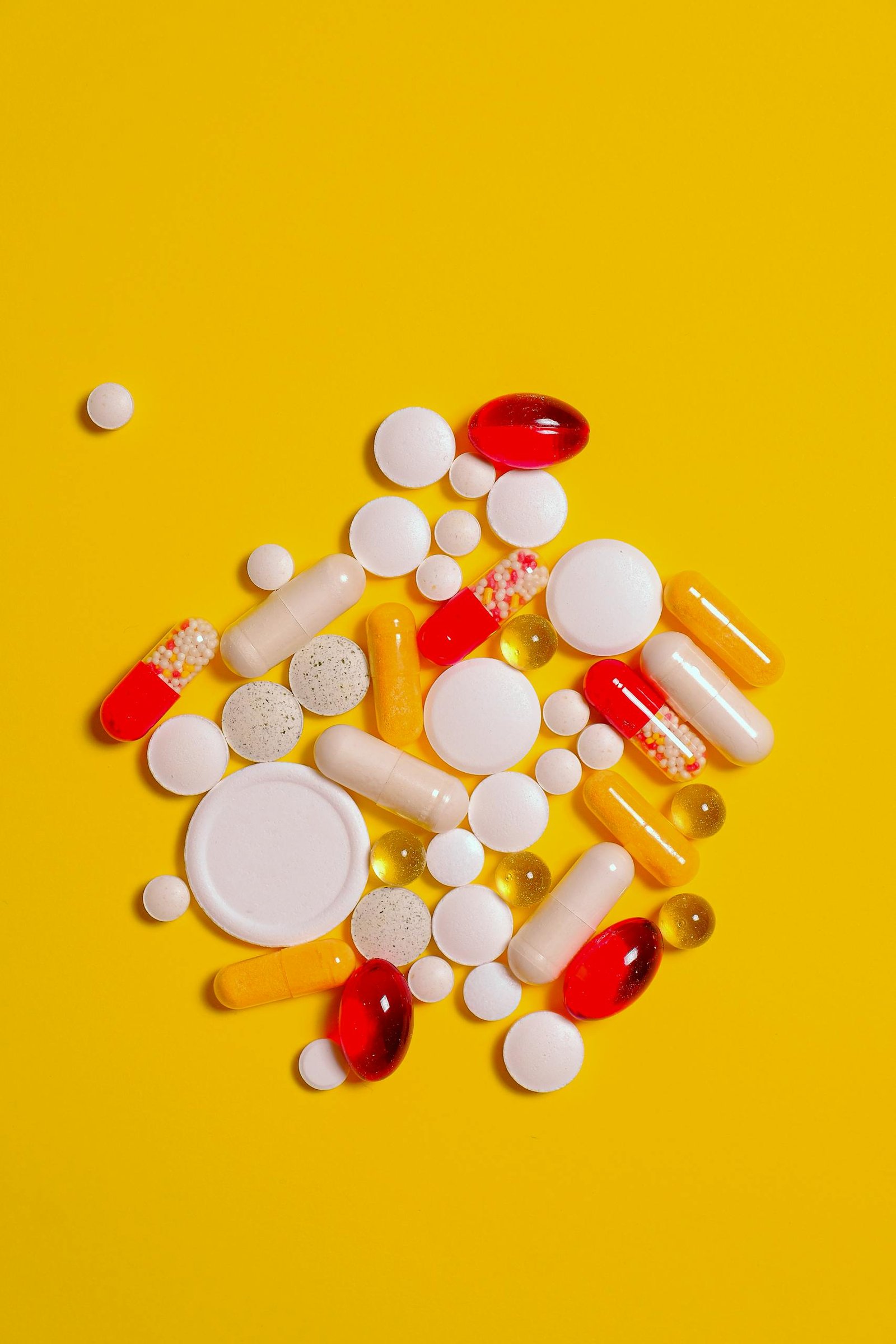How to Calculate Your Protein Needs According to Science
Understanding your protein needs is essential for maintaining muscle mass, supporting overall health, and optimizing physical performance. Here’s a detailed guide to calculating your daily protein requirements based on scientific evidence.
1. Determine Your Body Weight
The first step in calculating your protein needs is to know your body weight. Protein requirements are often expressed in grams per kilogram (kg) of body weight.
2. Calculate Protein Needs Based on Activity Level
Your protein needs can vary significantly based on your activity level and health goals. Here are the general recommendations based on scientific studies:
- Sedentary Adults: For those with minimal physical activity, the Recommended Dietary Allowance (RDA) for protein is 0.8 grams per kilogram of body weight per day.
- Example: A 70 kg person would need 56 grams of protein daily (70 kg x 0.8 g/kg = 56 g).
- Example: A 70 kg person would need 56 grams of protein daily (70 kg x 0.8 g/kg = 56 g).
- Active Adults and Recreational Athletes: For individuals who engage in regular physical activity, a higher protein intake is recommended to support muscle repair and growth. The American College of Sports Medicine (ACSM) suggests 1.2 to 2.0 grams of protein per kilogram of body weight per day.
- Example: A 70 kg active adult might need 84 to 140 grams of protein daily (70 kg x 1.2-2.0 g/kg = 84-140 g).
- Example: A 70 kg active adult might need 84 to 140 grams of protein daily (70 kg x 1.2-2.0 g/kg = 84-140 g).
- Strength Athletes and Bodybuilders: Those who perform intense resistance training may require even more protein to support muscle hypertrophy. Recommendations range from 1.6 to 2.2 grams per kilogram of body weight per day.
- Example: A 70 kg strength athlete might need 112 to 154 grams of protein daily (70 kg x 1.6-2.2 g/kg = 112-154 g).
- Example: A 70 kg strength athlete might need 112 to 154 grams of protein daily (70 kg x 1.6-2.2 g/kg = 112-154 g).
- Endurance Athletes: Endurance athletes, such as runners and cyclists, also need more protein than sedentary individuals to repair and maintain muscle. The International Society of Sports Nutrition (ISSN) recommends 1.2 to 1.4 grams per kilogram of body weight per day.
- Example: A 70 kg endurance athlete might need 84 to 98 grams of protein daily (70 kg x 1.2-1.4 g/kg = 84-98 g).
3. Adjust for Specific Health Goals
Adjust your protein intake based on specific health goals such as weight loss, muscle gain, or recovery from injury. Consult with a healthcare professional or a registered dietitian for personalized recommendations.
4. Consider Protein Quality
The quality of protein sources is also important. High-quality proteins, such as those from animal sources (meat, fish, eggs, and dairy) and certain plant sources (soy, quinoa, and legumes), provide all essential amino acids necessary for muscle repair and growth.
5. Monitor and Adjust
Monitor your progress and adjust your protein intake as needed. Factors such as changes in body weight, training intensity, and overall health can influence protein requirements.
Example Calculation
For a 70 kg individual with moderate activity levels (1.4 g/kg/day):
- Body weight: 70 kg
- Protein requirement: 1.4 grams per kilogram of body weight
- Daily protein intake: 70 kg x 1.4 g/kg = 98 grams of protein per day
By following these scientifically-backed steps, you can accurately determine your protein needs and support your health and fitness goals effectively.
References:
- Phillips, Stuart M, and Luc J C Van Loon. “Dietary protein for athletes: from requirements to optimum adaptation.” Journal of sports sciences vol. 29 Suppl 1 (2011): S29-38. doi:10.1080/02640414.2011.619204
- Jäger, Ralf et al. “International Society of Sports Nutrition Position Stand: protein and exercise.” Journal of the International Society of Sports Nutrition vol. 14 20. 20 Jun. 2017, doi:10.1186/s12970-017-0177-8
- Rodriguez, Nancy R et al. “Position of the American Dietetic Association, Dietitians of Canada, and the American College of Sports Medicine: Nutrition and athletic performance.” Journal of the American Dietetic Association vol. 109,3 (2009): 509-27. doi:10.1016/j.jada.2009.01.005








2 Comments